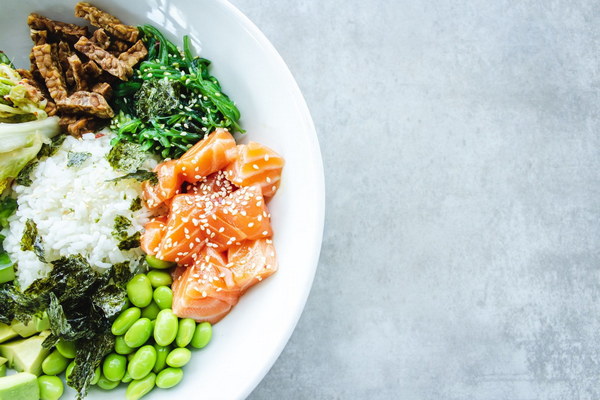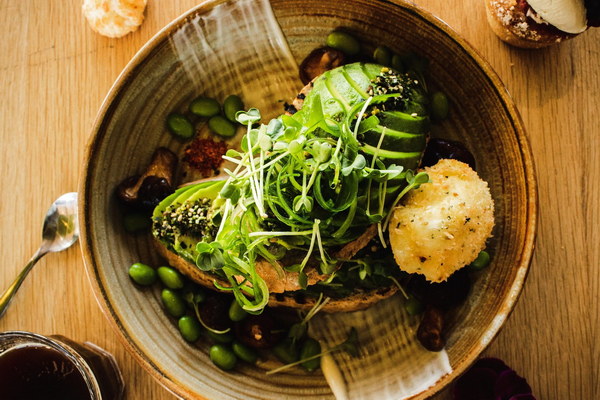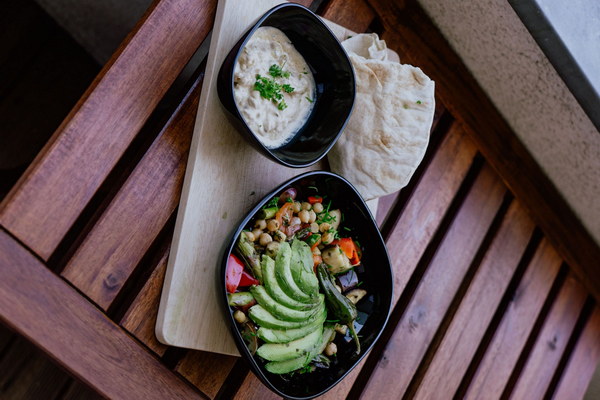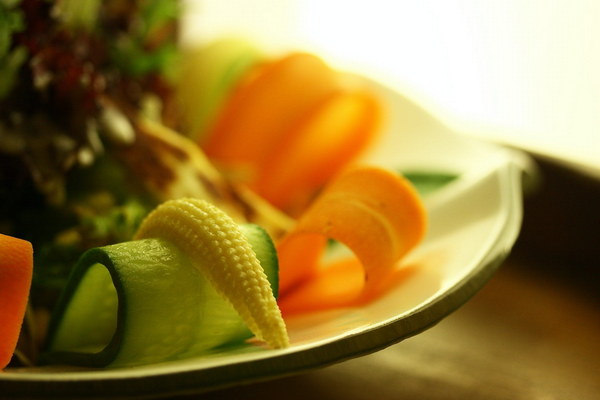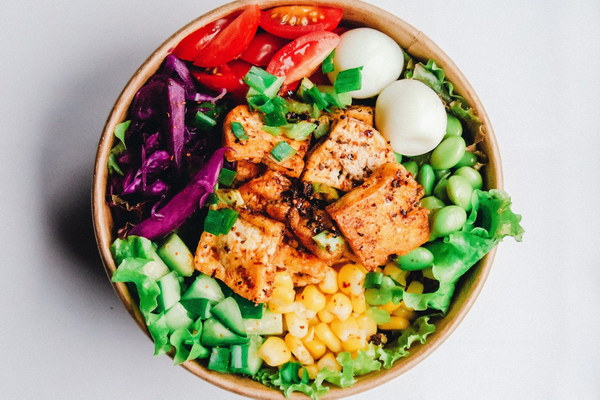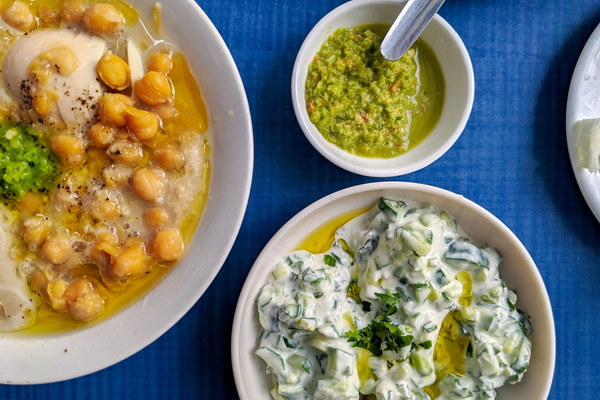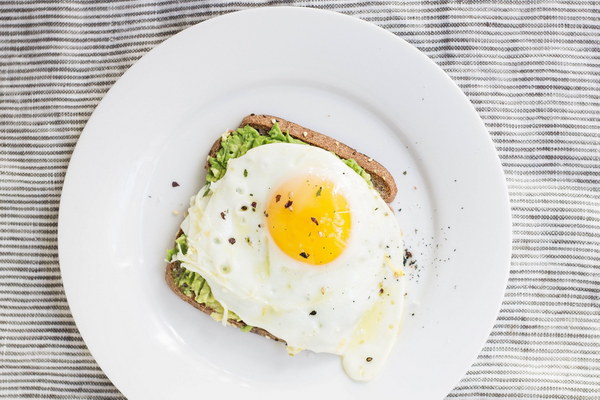Nourishing Your Stomach A Comprehensive Guide to What to Eat for Gastric Health
In the fast-paced world we live in, taking care of our health can sometimes fall by the wayside. However, maintaining a healthy stomach is essential for overall well-being. The right diet can help prevent gastrointestinal issues, improve digestion, and support a strong immune system. This article will provide you with a comprehensive guide to what to eat for gastric health, focusing on foods that are known to be beneficial for your stomach.
1. Fiber-Rich Foods
A high-fiber diet is crucial for maintaining a healthy stomach. Foods rich in fiber can help prevent constipation, bloating, and diverticulosis. Some examples of fiber-rich foods include:
- Berries: Strawberries, blueberries, raspberries, and blackberries are all excellent sources of fiber and antioxidants.
- Vegetables: Leafy greens like spinach and kale, as well as carrots, broccoli, and Brussels sprouts, are great for your stomach.
- Legumes: Beans, lentils, and chickpeas are high in fiber and protein, making them a perfect addition to your meals.
2. Probiotics
Probiotics are live microorganisms that can help improve your gut health by restoring the balance of beneficial bacteria in your stomach. Foods rich in probiotics include:
- Yogurt: Opt for plain, unsweetened yogurt with live cultures to reap the maximum benefits.
- Sauerkraut: This fermented cabbage is a great source of probiotics and can be added to sandwiches or salads.
- Kefir: A fermented milk drink, kefir contains beneficial bacteria and yeast that can help improve digestion.
3. Prebiotics
Prebiotics are non-digestible fibers that serve as food for probiotics, helping them thrive in your gut. Some prebiotic-rich foods include:
- Onions: Onions contain fructo-oligosaccharides, which can promote the growth of beneficial bacteria.
- Asparagus: This vegetable is a good source of prebiotics and can be enjoyed raw or cooked.
- Bananas: Bananas contain resistant starch, which acts as a prebiotic and can help improve digestion.
4. Protein
Protein is essential for maintaining healthy stomach muscles and promoting digestion. Including protein-rich foods in your diet can help prevent acid reflux and heartburn. Some protein sources to consider include:
- Chicken breast: A lean source of protein that is easy to digest.
- Tofu: Made from soybeans, tofu is a versatile protein that is rich in isoflavones, which can help regulate stomach acid.
- Fish: Fish like salmon, trout, and mackerel are high in omega-3 fatty acids, which can help reduce inflammation in the stomach.
5. Fermented Foods
Fermented foods are rich in beneficial bacteria and enzymes that can aid digestion and improve stomach health. Some fermented foods to incorporate into your diet include:
- Kimchi: A spicy, fermented cabbage dish that can be enjoyed as a side dish or added to soups.
- Miso: A traditional Japanese seasoning made from fermented soybeans, which can be used in soups or as a spread.
- Tempeh: Made from fermented soybeans, tempeh is a great plant-based protein alternative.

6. Hydration
Staying hydrated is essential for maintaining a healthy stomach. Water helps keep your digestive system running smoothly and can prevent constipation. Aim to drink at least eight glasses of water per day.
By incorporating these foods into your diet, you can support a healthy stomach and improve your overall well-being. Remember that individual dietary needs may vary, so it's always a good idea to consult with a healthcare professional before making significant changes to your diet.
